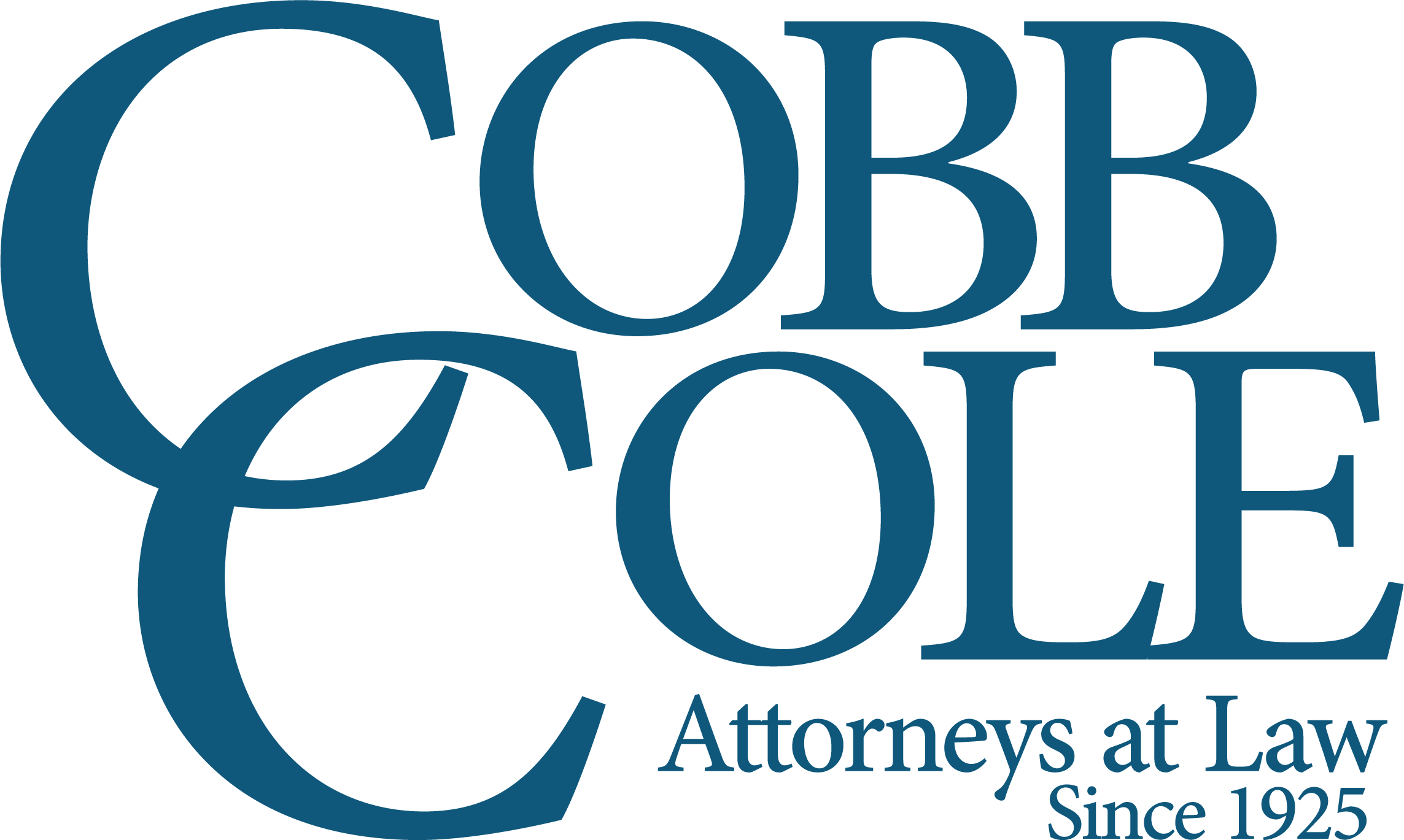Contract negotiation is one of the most important, yet often underestimated, aspects of running a business in Florida. Contracts determine the terms of many of a business’s corporate and operational activities, including supplier relationships, strategic partnerships, licensing deals, and service agreements.
In each case, the terms you agree to today can shape your risks and returns for years to come. Effective contract negotiation strategy requires far more than simply bargaining over numbers: it’s about aligning legal clarity with business priorities, reducing uncertainty, and creating frameworks that protect both relationships and revenue.
Let’s review some ways to understand contract negotiation strategy for corporate entities and how that relates to corporate law.
Understand Your Counterparty’s Position
Before any documents are exchanged or terms proposed, learn what matters most to the other party. This may sound elementary, but many negotiations stall or fail because one side is working from inaccurate assumptions about the other party’s goals and interests. To avoid these pitfalls:
- Try to determine what motivates your counterparty’s position: Is it cash flow? Growth? Regulatory risk? Reputational risk?
- Understand their constraints: A party facing pressure to close may accept compromises on other points in exchange for getting a deal done quickly.
- Identify your relative leverage: What do you have that they can’t easily replicate or replace?
When you understand your counterparty’s goals, you can tailor your proposals to offer value in ways they weren’t expecting. For instance, if a vendor values consistency more than a slight increase in price, offering a multi-year term in exchange for concessions may unlock value without costing your business more.
Thorough Preparation Shapes Results
Understanding your own business’s current position and the contract landscape is even more important than understanding your counterparty. Preparation in this sense requires an eye toward internal alignment and risk awareness.
- Audit your existing contracts: Know how new agreements may interact with prior obligations, especially exclusivity provisions, assignment clauses, or non-compete language.
- Define your goals and walkaway point: Decide what your business needs to gain from the deal, and when you’ll walk away. This means clearly identifying your BATNA (Best Alternative to a Negotiated Agreement) and communicating internally where your limits lie.
- Align your team: Make sure decision-makers, legal counsel, and finance leaders are aligned on what success looks like and what trade-offs are acceptable.
Failing to prepare for negotiation often leads to reactive behavior, which weakens your credibility and puts you at risk of agreeing to vague or unfavorable terms.
Negotiate The Process, Not Just The Terms
Savvy negotiators don’t just bargain over pricing and obligations; they influence how the negotiation unfolds.
- Agree early on timelines, points of contact, and how changes will be handled.
- Consider using term sheets or letters of intent to structure the conversation.
- Avoid rushed finalization. Build in time for legal and internal business reviews and set review periods and internal checkpoints before signing.
The process itself can shift leverage and shape outcomes. If you let the other party set all the deadlines, or agree to “sign now and clean up later,” you may risk signing a contract with unfavorable terms and no easy exit.
Pay Attention To Legal Infrastructure
Most business contracts include some amount of “boilerplate” legal terminology – standardized clauses that address how the contract works, rather than its substantive terms. Many business owners gloss over contract boilerplate or “leave it to the lawyers,” but these terms can also yield value and advantage in contract negotiations.
- Choice of law, venue, and jurisdiction: If your contract doesn’t specify that Florida law governs the agreement, you may be pulled into a different jurisdiction’s court system in the event of a dispute. This can dramatically affect how clauses are interpreted and whether they are enforceable. Similarly, choosing Florida courts over arbitration in another state can control legal costs and logistical burdens.
- Dispute resolution: Clearly outline whether disputes will go to arbitration, mediation, or court. Ambiguity here often leads to delay and increased legal expense.
- Liquidated damages: These clauses set the monetary consequence for breach. In Florida, liquidated damages are enforceable only if they are a reasonable estimate of loss at the time of contract formation, rather than punitive measures against the breaching party. Florida courts will not enforce liquidated damages clauses that appear punitive or disproportionate to anticipated loss.
- Force majeure: After the COVID-19 pandemic, many businesses re-examined whether their contracts adequately address risks posed by unforeseen events. Contract renewal or re-negotiation is an opportunity to update these clauses to reflect current risk realities.
- Attorneys’ Fees: In Florida, a prevailing party is not entitled to attorney’s fees unless the contract specifically allows it. Adding an attorneys’ fees clause can be a critical cost-control mechanism in the event of litigation.
Contracts that are vague, silent, or inconsistent on these provisions may lead to expensive litigation and unenforceable terms. Cobb Cole’s Corporate and Business Law team can work with you during contract negotiations to maximize value and minimize risk in these often overlooked provisions.
Relationships Still Matter
For high-value and/or long-term deals, the business relationship often outlives the specific contract. The best negotiators strike a balance between advocating for their company’s interests and preserving goodwill. This means:
- Avoiding overly aggressive posturing on small items that don’t move the bottom line.
- Documenting verbal commitments clearly and respectfully.
- Addressing potential future conflicts through mechanisms like escalation clauses or regular check-ins.
When you prioritize relationship integrity, your business is likely to see increased cooperation in enforcement, amendments, and renewal discussions.
Be Proactive And Adaptable
Contracts signed today have to remain relevant tomorrow. Flexibility in contract terms and in negotiating approaches can help deal with the unexpected.
- Build in review mechanisms and pricing adjustments based on changes in market indexes.
- Use “termination for convenience” clauses strategically when flexibility is essential.
- If your counterparty surprises you with a novel position, be willing to pause and reassess internally.
Adaptability entails keeping some options open and avoiding rigidity that might backfire.
Consult Legal Counsel Early And Often
Contract law in Florida has nuances that affect enforceability, risk allocation, and damages. Corporate decision-makers should always involve attorneys well before term sheets are finalized.
- Your legal counsel can assess whether standard form language actually protects your business.
- Legal review often uncovers hidden risks in indemnity clauses, limitation of liability language, or insurance requirements.
- Attorneys can manage multi-party contracts and complex deals that implicate real estate, intellectual property, and/or regulated industries.
Cobb Cole’s Corporate & Business Law attorneys advise Florida businesses at every stage of the contract lifecycle. From structuring negotiation terms to drafting, enforcement, and amendment, our attorneys help clients reduce risk and preserve value in every agreement.
Revisit And Refine Contracts Over Time
Even well-drafted contracts require maintenance. Reviewing and assessing pre-existing contracts is one of the many key services a Florida contract attorney can provide your business. This allows you to effectively and proactively:
- Track key deadlines, including notice periods, renewal dates, and performance benchmarks.
- Amend contracts when business models or operational realities change.
- Audit your portfolio annually to identify contracts with outdated provisions or non-aligned terms.
Contract disputes often arise not from malice or misrepresentation, but from misalignment between parties that developed over time without being addressed.
Final Thought
Contracts can be important risk management tools for your business, but they can also be powerful vehicles for growth, coordination, and accountability. Corporate entities in Florida should invest significant time and resources into negotiating well-structured agreements in order to prevent disruption, preserve relationships, and support long-term business strategy.

